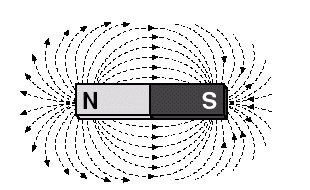Difference between revisions of "Bi-Polar Model"
Tom Bishop (talk | contribs) |
Tom Bishop (talk | contribs) |
||
| Line 1: | Line 1: | ||
| − | + | The '''Bi-Polar Model''' is a model of the earth which was devised by Lady Blount's Universal Zetetic Society in the early twentieth century after the discovery of the South Pole. Its model features two poles and an Antarctic continent. An Ice Wall still exists in this model, but it is not Antarctica. It is assumed that beyond the rays of the sun the waters will naturally freeze. | |
==Maps== | ==Maps== | ||
Revision as of 00:47, 19 April 2019
The Bi-Polar Model is a model of the earth which was devised by Lady Blount's Universal Zetetic Society in the early twentieth century after the discovery of the South Pole. Its model features two poles and an Antarctic continent. An Ice Wall still exists in this model, but it is not Antarctica. It is assumed that beyond the rays of the sun the waters will naturally freeze.
Maps
Circumnavigation involves traveling Eastwards or Westwards in relation to the magnetic field lines. On a Bi-Polar model the magnetic field lines would spread out from the North and South poles like the magnetic field lines on a bar magnet.
The needle of a compass would align with those magnetic field lines in the navigator's local area. Since East and West are at right angles to the field lines, moving East or West in relation to those field lines would take one in a circle around the North or South poles. This also implies that if one were to follow the magnetic field lines North or South that they would eventually get to the North South poles.
It should be noted that the magnetic field lines which are produced by a magnet always wrap around and connect to the opposite pole and that none travel forever into space.
Explanatory Video
Flat Earth Crush has produced content on the Bi-Polar model which showcases some of the benefits of its sun and celetial model. It should be noted that the author has mentioned in other videos on the topic that he using the selected map as an example only.

